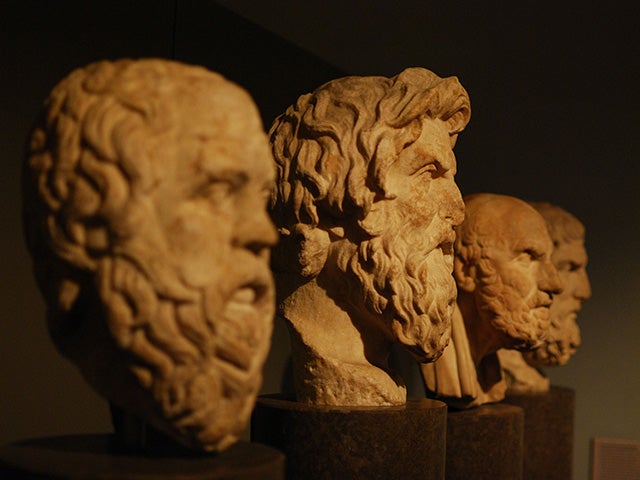2021 Summer Session D
6 weeks, July 6 - August 13
#13731
Modern Philosophy
Jennifer Marsh
Jul 06, 2021 - Aug 13, 2021
Tu, We, Th
01:00 pm - 03:29 pm
Internet/Online
Open Seats
12 Unreserved Seats

In this course we will survey philosophy written during the Early Modern period of the 17th and 18th centuries. Specifically, we will study the emergence of the New Science and its break with Scholastic Aristotelianism, the school of thought that had dominated philosophy throughout the late Medieval period. We will learn how the proponents of this New Science offered novel approaches, and answers, to the hotly debated philosophical questions of their day, including metaphysical questions such as: what are the fundamental building blocks, or substances, that comprise our reality? What are the causal relations between these substances, bodies, minds, and God? And epistemological questions, such as: what sorts of metaphysical truths can we know, and how is it possible for us to know them? And, to what extent, if any, can we trust our senses, or beliefs formed on the basis of experience? We will start by reading, in roughly chronological order, Galileo and the so-called rationalist works of Descartes, Elisabeth, Amo, Spinoza, and Leibniz, before tackling the empiricist works of Locke, Berkeley, and Hume. Finally, we will end the course with a comprehensive introduction to Kant, who, responding to these philosophers, critiqued the very possibility of metaphysics, while nevertheless aiming to salvage some of its principles, as well as empirical knowledge, from an array of skeptical worries introduced by his predecessors.










